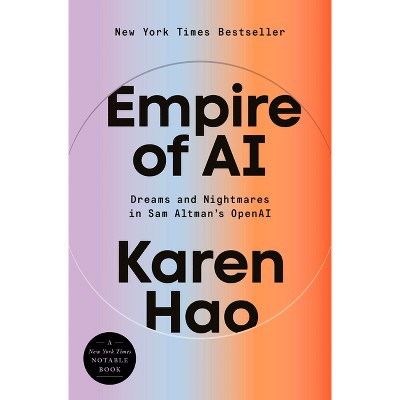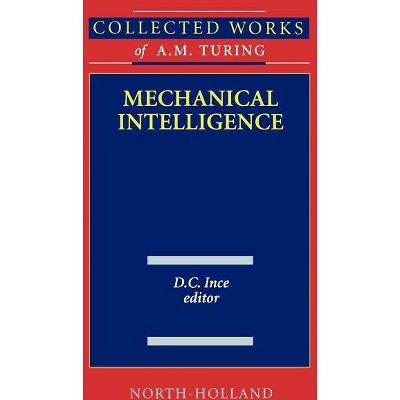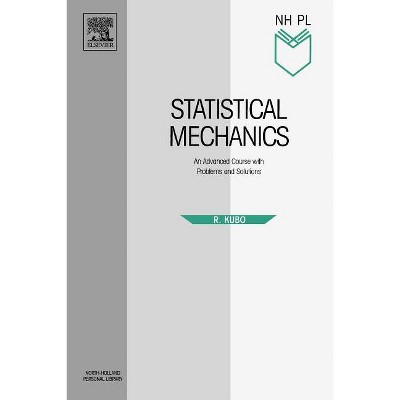Sponsored

Intelligent Environments - 2nd Edition by P Droege (Paperback)
In Stock
Sponsored
About this item
Highlights
- The promises and realities of digital innovation have come to suffuse everything from city regions to astronomy, government to finance, art to medicine, politics to warfare, and from genetics to reality itself.
- Author(s): P Droege
- 660 Pages
- Computers + Internet, Expert Systems
Description
About the Book
"Linear Algebra: Algorithms, Applications, and Techniques, Fourth Edition, begins with the concrete and computational, and guides the reader through the major applications. After an introductory chapter on properties of real numbers and proof techniques, the next three chapters address the basics: matrices, vector spaces, and linear transformations. The final four cover eigenvalues, applications, and Euclidean inner products. Appendices on Jordan canonical forms and Markov chains are included for further study."--Page 4 of cover.Book Synopsis
The promises and realities of digital innovation have come to suffuse everything from city regions to astronomy, government to finance, art to medicine, politics to warfare, and from genetics to reality itself. Digital systems augmenting physical space, buildings, and communities occupy a special place in the evolutionary discourse about advanced technology. The two Intelligent Environments books edited by Peter Droege span a quarter of a century across this genre. The second volume, Intelligent Environments: Advanced Systems for a Healthy Planet, asks: how does civilization approach thinking systems, intelligent spatial models, design methods, and support structures designed for sustainability, in ways that could counteract challenges to terrestrial habitability?
This book examines a range of baseline and benchmark practices but also unusual and even sublime endeavors across regions, currencies, infrastructure, architecture, transactive electricity, geodesign, net-positive planning, remote work, integrated transport, and artificial intelligence in understanding the most immediate spatial setting: the human body. The result of this quest is both highly informative and useful, but also critical. It opens windows on what must fast become a central and overarching existential focus in the face of anthropogenic planetary heating and other threats--and raises concomitant questions about direction, scope, and speed of that change.

















